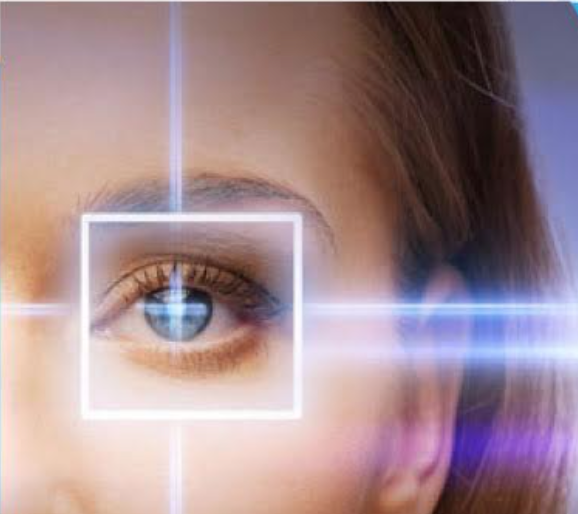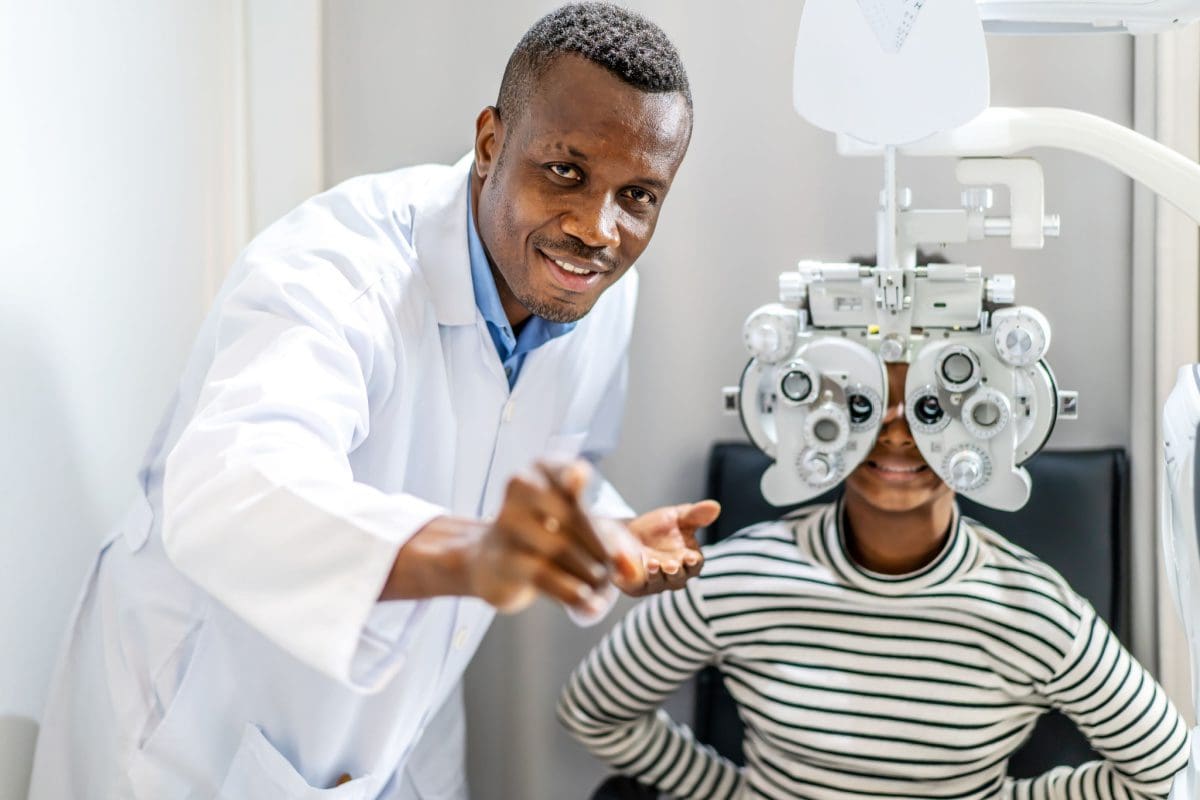Andalusia Pediatrics: Exceptional Take care of Children's Health Requirements
Andalusia Pediatrics: Exceptional Take care of Children's Health Requirements
Blog Article
Is Refractive Surgical Procedure Right for You? Aspects to Consider for Better Eyecare
In the world of eye treatment, the choice to undertake refractive surgery is a weighty one that demands thoughtful consideration. From the intricacies of one's ocular health to the intricacies of day-to-day behaviors and individual assumptions, each aspect holds significance in the more comprehensive landscape of refractive surgical procedure candidateship.
Eye Health And Wellness Assessment
When thinking about refractive surgical treatment, an extensive eye health evaluation is crucial to analyze the viability of the treatment for each person. neurologist andalusia. This analysis includes a series of evaluations and examinations carried out by an eye care specialist to establish the total health and wellness of the eyes, the existence of any type of underlying problems, and the security of the refractive error
Throughout the assessment, various variables are considered, such as the client's case history, current eye prescription, corneal density, pupil dimension, and tear film top quality. These evaluations help to determine any contraindications to refractive surgical procedure, such as corneal abnormalities, cataracts, or unattended eye infections. Furthermore, the evaluation assists to manage individual assumptions concerning the potential results of the surgery based upon their distinct eye characteristics.
Inevitably, the eye health and wellness evaluation is crucial in guaranteeing the safety and security and efficiency of refractive surgical procedure, as it provides important understandings right into the individual's eye wellness condition and assists identify one of the most ideal treatment options for accomplishing optimum aesthetic results. (eye center andalusia)
Lifestyle Evaluation
A complete way of life assessment is essential in identifying the suitability of refractive surgical treatment for an individual's visual correction demands. Lifestyle elements such as occupation, hobbies, and daily tasks play a critical duty in the decision-making procedure relating to refractive surgical treatment. As an example, individuals with careers that entail a high degree of physical activity or direct exposure to ecological aspects may have various aesthetic demands compared to those with less active workdesk tasks. Comprehending how an individual's way of life may impact their vision post-surgery is important for managing expectations and ensuring optimum results.
Moreover, way of life routines such as sports involvement, outdoor activities, or also skin care regimens can influence the healing process and total success of refractive surgery. By performing a thorough way of living evaluation, eye care professionals can customize their referrals and therapy plans to meet the one-of-a-kind demands of each individual, eventually leading to improved aesthetic end results and fulfillment.
Expectation Placement

Establishing sensible expectations involves thorough pre-operative conversations in between the individual and the ophthalmologist. The doctor needs to transparently connect the possible dangers, benefits, and constraints of the procedure (neurologist andalusia). Individuals need to comprehend that while lots of people accomplish 20/20 vision or better following refractive surgery, some may still need glasses for particular activities like reading or driving at night. Handling these expectations aids stop disappointment and frustration post-surgery, resulting in a more favorable general experience for the client.
Threat Analysis

Aspects that may boost the risk of issues consist of age, link specific medical conditions like autoimmune conditions, unstable vision prescription, slim corneas, and impractical client assumptions. In Bonuses addition, choosing a seasoned and competent doctor, following pre and post-operative care directions faithfully, and disclosing any type of relevant medical background can help mitigate threats.
To minimize the probability of issues, eye doctors conduct detailed pre-operative evaluations to identify any type of contraindications to surgical treatment. They also discuss the potential dangers and advantages with individuals throughout the consultation process. By participating in open communication and shared decision-making, both the client and the ophthalmologist can work together to figure out if refractive surgical procedure is the appropriate selection based upon specific danger accounts and preferred results.
Examination Value
Thinking about the important function of notified decision-making in evaluating risks and potential problems in refractive surgery, the consultation procedure holds substantial relevance in directing clients towards optimum results. During the consultation, the eye doctor reviews the individual's eye health and wellness, refractive errors, and total suitability for surgery. This first analysis is important in identifying one of the most appropriate procedure for each and every person, considering factors such as corneal density, pupil dimension, and existing eye conditions.
In addition, the examination serves as a possibility for individuals to discuss their assumptions, concerns, and any kind of concerns they might have relating to the surgery. Clear interaction between the individual and the surgeon is vital to make sure reasonable assumptions and an extensive understanding of the potential dangers and advantages involved.
In addition, the consultation permits the surgeon to describe the various surgical alternatives available, their particular end results, and the post-operative care needed. This comprehensive discussion encourages patients to make knowledgeable choices about their eye care, causing better fulfillment and outcomes post-surgery.
Final Thought
Finally, people considering refractive surgical treatment needs to undergo an extensive eye health and wellness evaluation, evaluate their way of life behaviors, align their expectations with prospective results, assess the affiliated risks, and prioritize examinations with eye treatment specialists. These elements play an essential role in identifying the suitability of refractive surgical procedure for each and every individual, ensuring optimal results and complete satisfaction with the procedure.
Individuals taking into consideration refractive surgery frequently have high expectations concerning Find Out More the results, expecting ideal vision without the requirement for glasses or call lenses. While refractive surgical procedure can greatly boost vision and reduce dependency on aesthetic help, it is vital for people to recognize that outcomes may differ based on individual elements such as the level of refractive mistake, corneal density, and total eye health.
By involving in open interaction and shared decision-making, both the eye doctor and the patient can function with each other to determine if refractive surgical procedure is the best selection based on specific risk profiles and preferred outcomes.
Taking into consideration the important function of educated decision-making in examining dangers and potential difficulties in refractive surgical treatment, the consultation procedure holds significant relevance in directing people towards optimum results. Throughout the assessment, the eye doctor assesses the person's eye health, refractive mistakes, and overall suitability for surgical procedure.
Report this page